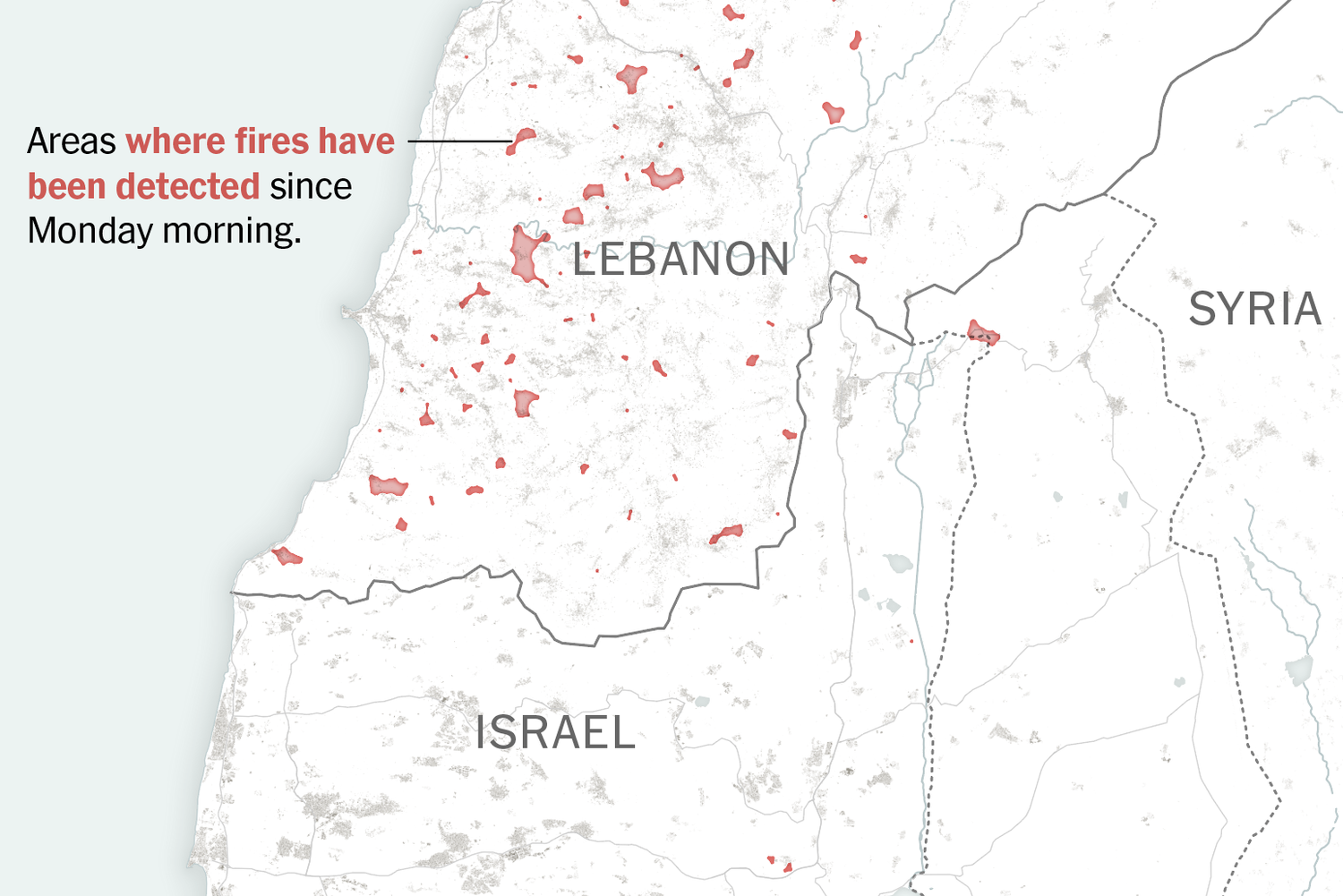The Power Division of Pakistan is preparing to submit a petition to raise electricity tariffs, effective January 1, 2025. This decision comes after the federal government, with approval from the International Monetary Fund (IMF), decided to shift the timing of tariff rebasing from the summer month of July to the winter month of January. This change is aimed at reducing consumer dissatisfaction by spreading out the financial burden of tariff hikes.
In a briefing to the Economic Coordination Committee (ECC), the Power Division outlined the legal framework for tariff determinations, stating that under the Regulation of Generation, Transmission, and Distribution of Electric Power Act, 1997, and the NEPRA (Tariff Standards and Procedure) Rules, 1998, the National Electric Power Regulatory Authority (NEPRA) is responsible for setting the tariffs for Distribution Companies (Discos) and K-Electric. The most recent uniform tariff was approved by the federal government on July 14, 2024.
Traditionally, tariff rebasing has occurred in July, with new rates taking effect on July 1. However, this timing has caused issues for consumers, as it coincides with both high Fuel Charges Adjustments (FCAs) and the annual tariff increase, leading to sharply higher electricity bills during the summer months when consumption is at its peak. This has resulted in widespread public dissatisfaction and protests.
Pl watch the video and subscribe to the YouTube channel of republicpolicy.com for quality podcasts:
By moving the tariff rebasing to January, when electricity consumption is lower, the impact of any tariff increase would be less severe on consumers. This adjustment is expected to help stabilize electricity prices throughout the year, making them more predictable and easier to manage.
The Power Division presented several proposals for the ECC’s approval, including issuing policy guidelines to NEPRA for revising the annual tariff determination process and implementing the change by January 1, 2025. The Power Division also requested authorization to approach NEPRA to put these guidelines into action.
The proposal was supported by NEPRA, and the Power Ministry confirmed that it would work closely with the regulator to implement the new schedule. The change aligns with Strategic Directive Eight of the National Electricity Plan, which aims to improve the tariff-setting process.
Additionally, the ECC discussed the proposal in light of ongoing IMF negotiations, with the Finance Division noting that the issue had been informally raised with the IMF. The ECC directed the Power Division to formally inform the IMF about the planned tariff changes.
















